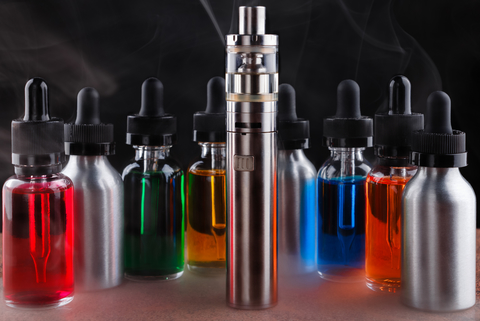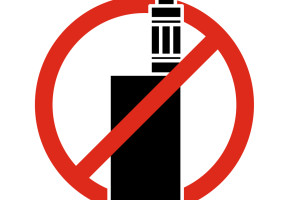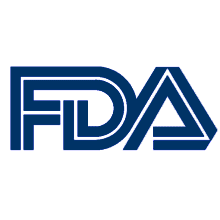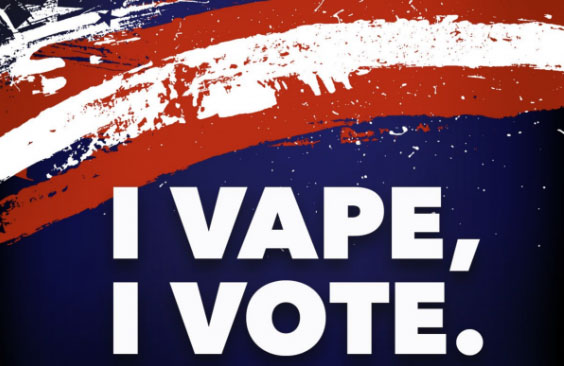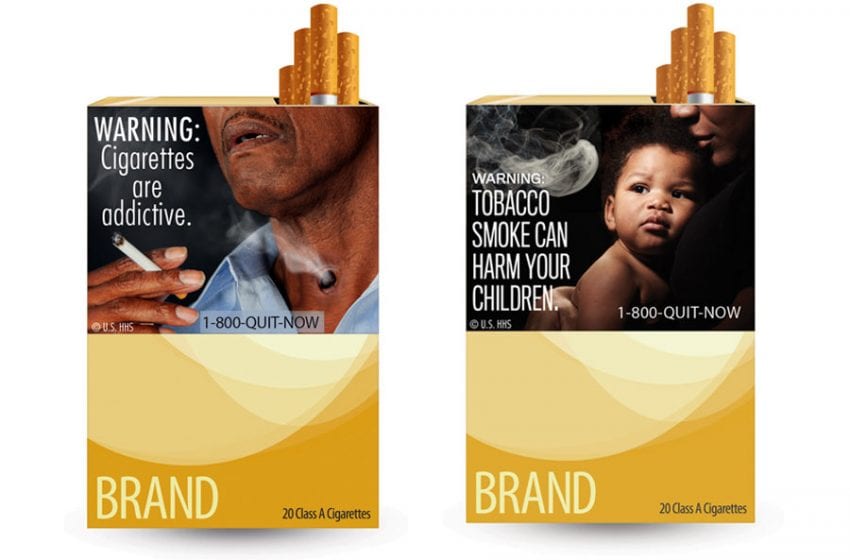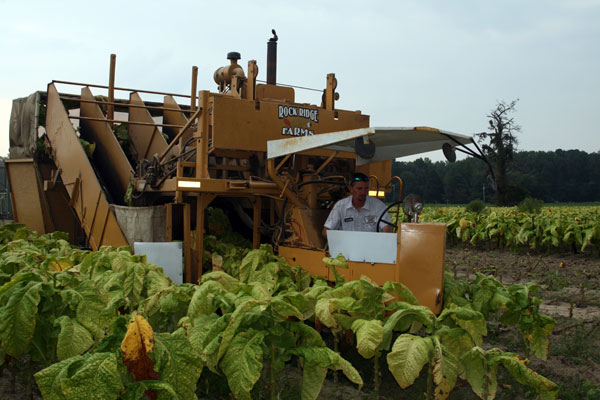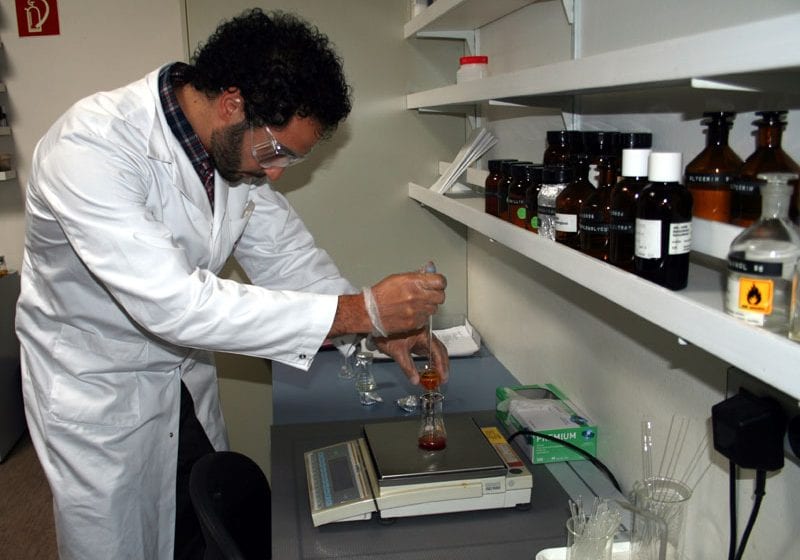Today, the U.S. Food and Drug Administration issued a proposed rule to set forth requirements related to the content, format and FDA’s review and communications procedures for premarket tobacco product applications (PMTAs).
When finalized, this proposed rule will help to ensure that PMTAs contain sufficient information for evaluation such as details regarding the physical aspects of a tobacco product and information on the product’s potential public health benefits and harms. It also would codify the procedures by which the agency would review PMTAs and establish the requirements for manufacturers to maintain records related to the legal marketing status of their tobacco products.
“Our review of premarket product applications will help evaluate the public health benefits and harms of a tobacco product to ensure that those authorized for marketing are appropriate for the protection of public health,” said Acting FDA Commissioner Ned Sharpless. “This will include understanding the likelihood that those who do not use tobacco products – such as kids – will start using them, as well as the likelihood that tobacco users will stop. And as I’ve said before, responsible manufacturers certainly don’t need to wait to act. We encourage industry to use available FDA resources as a guide for their submissions to the agency.
“This proposed rule follows our announcement last week that we intend to finalize a compliance policy in the coming weeks that would prioritize enforcement to clear the market of unauthorized, non-tobacco-flavored e-cigarette products. These important regulatory actions are part of our ongoing oversight of e-cigarettes and other tobacco products that is critical to our public health mission and, especially, to protecting kids from the dangers of nicotine addiction and tobacco-related disease and death.”
Under the PMTA pathway, manufacturers or importers must demonstrate to the agency, among other things, that marketing of the new tobacco product(s) would be appropriate for the protection of the public health. That statutory standard requires the FDA to consider the risks and benefits to the population as a whole, including users and non-users of tobacco products. The agency’s evaluation also includes reviewing a tobacco product’s components, ingredients, additives, constituents, toxicological profile and health impact, as well as how the product is manufactured, packaged and labeled.
In July, a U.S. District Court judge in Maryland issued an order requiring that manufacturers submit premarket applications by May 12, 2020, for deemed tobacco products, including e-cigarette products, that were on the market as of Aug. 8, 2016. Manufacturers may refer to available resources such as the final guidance issued this past June for manufacturers of e-cigarettes and other electronic nicotine delivery systems who will need to prepare PMTA applications. The agency will continue to work efficiently to issue a final rule in a timely manner; however, the final rule need not be in place for manufacturers to continue submitting PMTAs to the agency.
In addition to content and format requirements, the proposed rule would codify the general procedures the FDA would follow when evaluating PMTAs, including application acceptance, application filing and inspections. Additionally, the proposed rule would establish PMTA-related requirements for filing amendments to an application, the time for review, withdrawal of applications, changes in ownership, post-market reporting and maintenance of records, FDA communications with an applicant, FDA’s disclosure procedures and electronic submission requirements.
This proposed rule also explains how applicants may submit a supplemental PMTA or a resubmission, which would reduce the burden of submitting and reviewing a standard PMTA in certain situations. A supplemental PMTA could be submitted when an applicant is seeking authorization for a new tobacco product that is a modified version of a tobacco product for which they have already received a PMTA marketing order. In addition, an applicant could resubmit a PMTA when seeking to address application deficiencies following the issuance of a “No Marketing Order.”
The proposed rule also establishes certain recordkeeping requirements for manufacturers regarding the legal marketing status of certain tobacco products without a PMTA, such as documents showing that a tobacco product is not required to undergo premarket review (grandfathered) or has previously received premarket authorization.
The proposed rule will be open for public comments for 60 days through Nov. 25, 2019.

